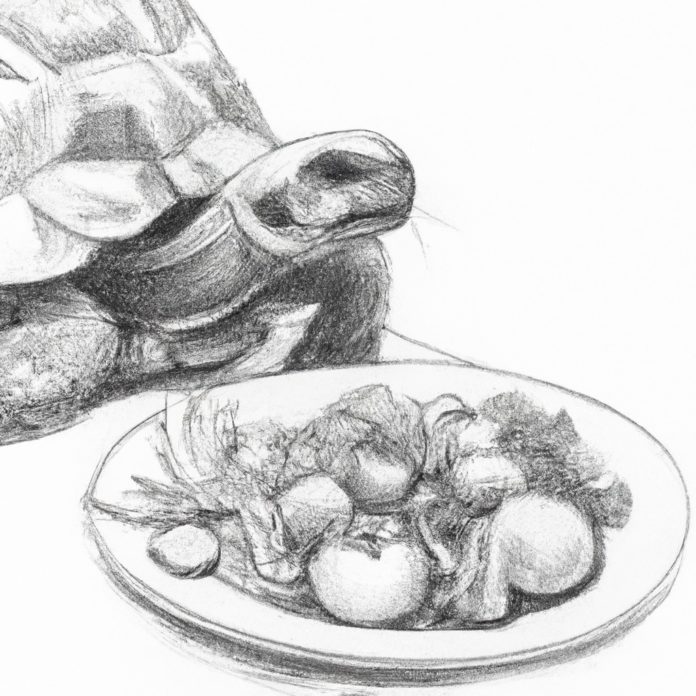Dear VetBabble: Why is my tortoise not eating?
Hello Bob, thanks for your question! It’s important for pet owners to understand the factors that might cause their pets to stop eating. To provide a helpful answer, let’s explore the possible reasons in general for a tortoise not eating, as this information could be beneficial to other pet owners experiencing similar issues. Please keep in mind that the specific details about your tortoise and its care environment may affect these underlying factors.
1. Correct Husbandry and Environmental Factors
First and foremost, it’s important to ensure that you’re providing your tortoise with proper care and husbandry. This includes appropriate temperature, food, substrate, and other key factors. If any of these are not quite right, it could be the reason your tortoise has stopped eating. The following sections will detail some common issues and solutions to keep in mind. For an extensive resource on turtle care, check out this article on How do I care for a freshwater turtle?
2. Dietary Concerns
Is your tortoise getting the right kind of food for its species and age? It’s crucial to provide a balanced and nutritionally appropriate diet to maintain your pet’s health. Some tortoises are herbivorous, while others may have omnivorous or even carnivorous diets. Be sure to research the specific dietary needs of your tortoise and make adjustments as needed. For example, providing a variety of fresh greens, vegetables, and fruits may encourage your pet to eat. Additionally, consider any nutritional supplements your tortoise might need, as vitamin and mineral deficiencies can lead to loss of appetite.
3. Health-Related Issues
It’s essential to rule out any potential health problems when a tortoise stops eating. Just like humans, pets can experience a variety of illnesses and conditions that might affect their appetite. If you suspect your tortoise is in pain or suffering from an illness, it’s important to consult with a veterinarian who has experience treating reptiles and amphibians. Be sure to monitor your tortoise’s behavior and overall health to provide the best care possible.
Don’t forget that reptiles and amphibians often have other exotic pet friends, so if you’re interested in learning more about caring for snakes, frogs, and other creatures, take a look at these informative articles:
In summary, there are several factors that may contribute to your tortoise not eating, such as husbandry, diet, and health. Double-checking each of these aspects will help you pinpoint the underlying issue and ensure your pet’s ongoing well-being. Remember that offering a caring and appropriate environment for your tortoise is of paramount importance. Keep researching and learning about the proper care for your tortoise, and don’t hesitate to consult with a professional if you’re ever in doubt.









